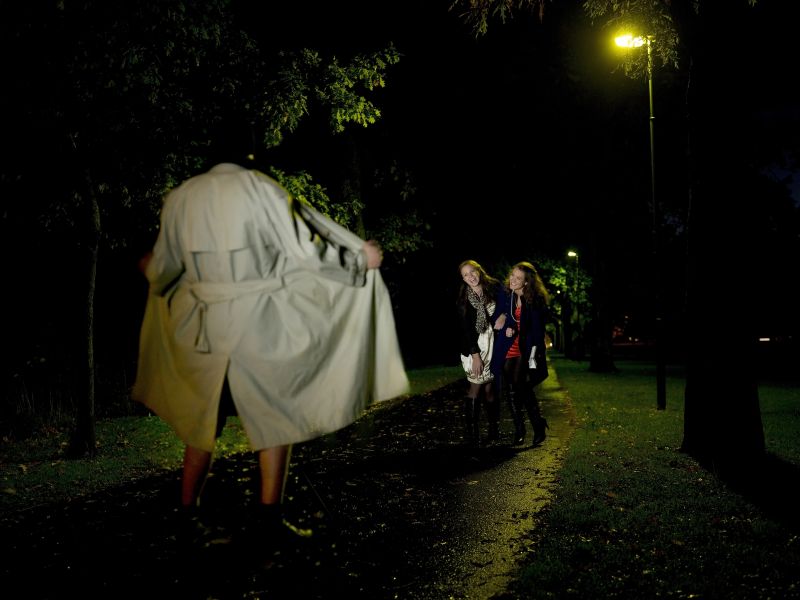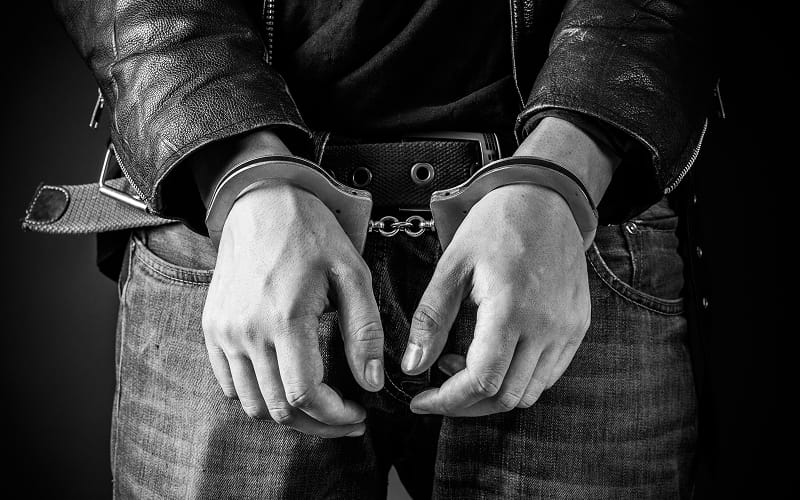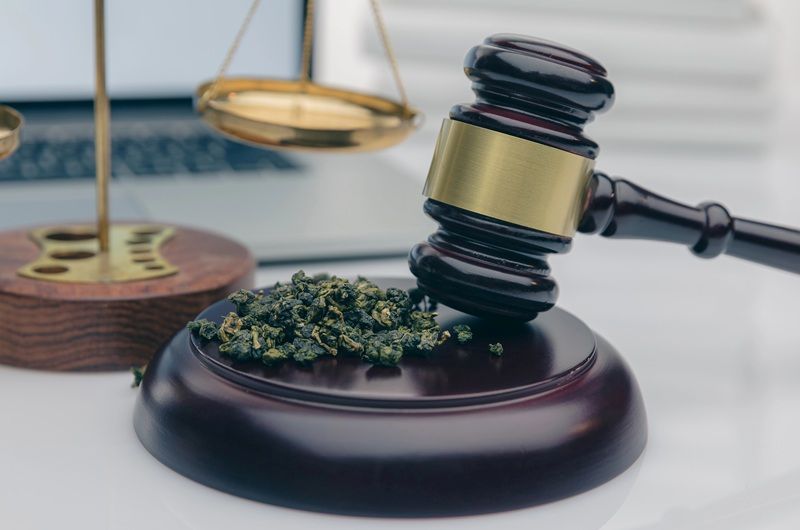Every legal case has two sides, but when facing a sex crime charge, it can feel like the odds are stacked against you. These cases commonly hinge on credibility, evidence, and legal arguments that can be challenged in court. Even without jail time, the impact on your reputation and personal life can be long-lasting.
If you are facing sex crime charges, knowing your legal defense options is essential. This article outlines strategies that may challenge the prosecution’s claims. Since every case is unique, consulting an experienced lawyer is vital in protecting yourself.
Severity Of Sex Crime Charges In Virginia
Virginia has some of the strictest sex crime laws in the country. Charges can range from misdemeanors like sexual battery and indecent exposure to felonies such as rape and child pornography. The severity of the offense influences the penalties, which can include years in prison, substantial fines, and long-term consequences.
Some convictions require mandatory sex offender registration, which can restrict housing and employment opportunities. Being on the registry could mean regular check-ins with law enforcement and limitations on where you can live or work. A guilty verdict may also impact child custody, professional licenses, and firearm ownership.
Even before a case reaches trial, an accusation alone can have devastating effects. You may face job loss, damaged reputations, and strained relationships due to the stigma surrounding sex crime charges. Fighting these allegations requires a strong defense strategy to challenge the prosecution’s claims.
Key Legal Defenses For High-Stakes Cases
Defending against sex crime charges requires more than a simple denial. Prosecutors pursue convictions aggressively, but not all accusations come with substantial evidence. A strategic defense can expose weaknesses, dispute unreliable evidence, and help prevent wrongful convictions.
Consent
Virginia law does not provide a specific definition of consent but presumes its absence when force, threats, or intimidation are involved. If the prosecution can demonstrate that the accuser was pressured or physically overpowered, they may not need to prove an explicit lack of consent.
If no evidence of coercion or violence exists, and the encounter was consensual, the prosecution’s case becomes weaker. Digital communication, such as texts or emails, may help establish the nature of the interaction. Witness testimony can also provide context that challenges the accusation.
However, some individuals are legally incapable of consenting, regardless of the circumstances. Virginia law may not recognize consent as a valid argument if the accuser was underage, mentally impaired, or physically unable to resist.
Lack Of Evidence
If the prosecution’s evidence is weak or inconclusive, the case may not stand up in court. Many sex crime accusations rely on testimony rather than physical proof, making it essential to challenge inconsistencies and gaps in the case.
Forensic evidence like DNA results and medical examinations can strengthen or weaken an accusation. If no DNA evidence supports the claim or medical reports show no signs of injury, your defense can highlight that the prosecution lacks concrete proof.
Witness statements, surveillance footage, and police reports may also reveal significant contradictions. Additionally, if law enforcement fails to collect key evidence or relies on biased assumptions, it may further weaken the prosecution’s case.
False Accusations
False allegations can occur for many reasons, including personal vendettas, custody disputes, or misunderstandings. Some accusers fabricate claims out of anger or regret, while others may be influenced by external pressures.
A strong defense will investigate the accuser’s background and potential motives. Previous false claims, ongoing disputes, or inconsistencies in their story can be used to challenge credibility. Social media activity, recorded conversations, and prior relationships may also provide context that exposes dishonesty.
Cross-examining your accuser can reveal inconsistencies in their statements. It can create reasonable doubt if their version of events has changed or lacks supporting details. Independent investigations sometimes uncover evidence that completely discredits the accusation, leading to dropped charges.
Mistaken Identity
Stress, poor lighting, and high-pressure police procedures can lead to false identifications. Sometimes, an accuser may genuinely believe they identified the right person, only for forensic evidence to later prove otherwise.
Eyewitness testimony can be notoriously unreliable, especially when a victim is traumatized or the alleged incident occurred in a crowded area. If the identification process involves suggestive police lineups or leading questions, you can challenge its validity.
An alibi defense strongly challenges mistaken identity cases. Surveillance footage, GPS data, or phone records can confirm that you were elsewhere during the alleged crime. DNA or fingerprint analysis can also disprove your involvement if another individual’s biological evidence is found instead.
Improper Police Procedures & Constitutional Violations
Law enforcement must follow strict procedures during investigations and arrests. If officers violate your constitutional rights, the court may exclude key evidence, significantly weakening the prosecution’s case or leading to dismissal.
If police obtain evidence without a valid warrant or probable cause, that evidence may be inadmissible due to unlawful searches and seizures. Miranda rights violations may also present concern. Any statements you made could be challenged if you were not informed of your right to remain silent or denied access to an attorney.
Further, errors in the chain of custody can impact a case. If evidence is mishandled, lost, or contaminated, its reliability becomes questionable. Your lawyer can argue that the court should not trust conclusions based on compromised evidence.
Mental Incapacity Or Lack Of Criminal Intent
Sex crime charges may assume that you had full awareness and intent. However, mental health conditions, cognitive impairments, or intoxication can affect a person’s ability to understand their actions. If you lack intent, you may not meet the legal definition of guilt.
Courts may consider diminished capacity defenses in some instances. If your mental state prevented you from understanding the nature of your actions, this could lead to reduced charges or case dismissal. Psychological evaluations, medical records, and testimony from mental health professionals may support this argument.
Intoxication defenses are generally more challenging to use in sex crime cases. Voluntary intoxication is typically not a valid defense, but in rare circumstances, extreme impairment may be considered. If you were too intoxicated to form intent, your lawyer may argue you lacked the required mental state for conviction.
Every sex crime case is unique, but strong defenses can challenge the prosecution’s claims. You may have many questions about what comes next if you face serious accusations. Understanding the legal process and possible consequences is essential to building a strong defense.
FAQs About Sex Crimes In Virginia
Dealing with a sex crime charge comes with uncertainty and confusion. Many accused individuals worry about certain legal aspects concerning their case. Here are answers to common questions that can help you better understand what to expect.
Can A Sex Crime Charge Be Dropped Before Trial?
A sex crime charge can be dropped before trial under certain circumstances. This may happen if the evidence is insufficient, law enforcement violated your rights, or inconsistencies raise doubts about the accuser’s credibility.
Prosecutors might also dismiss charges if new information weakens the original claims. A skilled lawyer can boost your chances of a favorable outcome before trial.
How Long Do Sex Crime Cases Take To Resolve?
The timeframe varies depending on the case’s complexity, the court’s schedule, and the defense strategy. Some cases are resolved within months, while others take years, especially if they go to trial. Delays can also occur due to forensic testing, witness availability, and pretrial motions.
Is Sex Offender Registration Mandatory After A Conviction?
Many sex crime convictions require mandatory registration, especially for violent offenses. The duration and restrictions vary based on the severity of the crime, with some offenses requiring lifetime registration.
Once on the registry, removal is complex, and restrictions can have professional and professional impacts. The best way to avoid these long-term consequences is to prevent a conviction through a strong legal defense.
Clear answers are essential when facing severe charges, but substantial legal representation is even more critical. The right legal ally can effectively protect your future.
Fairfax County Criminal Attorneys Provides Strong Legal Protection
A sex crime accusation can turn your world upside down. At Fairfax County Criminal Attorneys, we understand the gravity of these charges and their impact on your future. That’s why we fight vigorously with a well-thought-out legal plan, ensuring your rights are protected at every stage.
Our team conducts a thorough case evaluation, carefully analyzing the prosecution’s evidence for inconsistencies, weak points, and constitutional violations. We collaborate with forensic professionals, medical specialists, and private investigators to challenge unreliable testimony and flawed evidence.
Whether negotiating for reduced charges, seeking a case dismissal, or fighting for you at trial, our attorneys develop the most vigorous defense possible. Your future is too important to leave to chance, and we are here to fight for favorable outcomes.
Virginia imposes severe penalties for sex crime charges, including lengthy prison sentences and mandatory sex offender registration. However, a strong defense can challenge the prosecution’s case. Attorneys may argue consent, mistaken identity, false allegations, or police misconduct to seek reduced charges or case dismissal.
The sooner you take action, the better your chances of building a strong defense. At Fairfax County Criminal Attorneys, we fight aggressively to protect our clients and provide the legal support they need during this difficult time. Contact us to discuss your case and take the first step toward securing your future.






